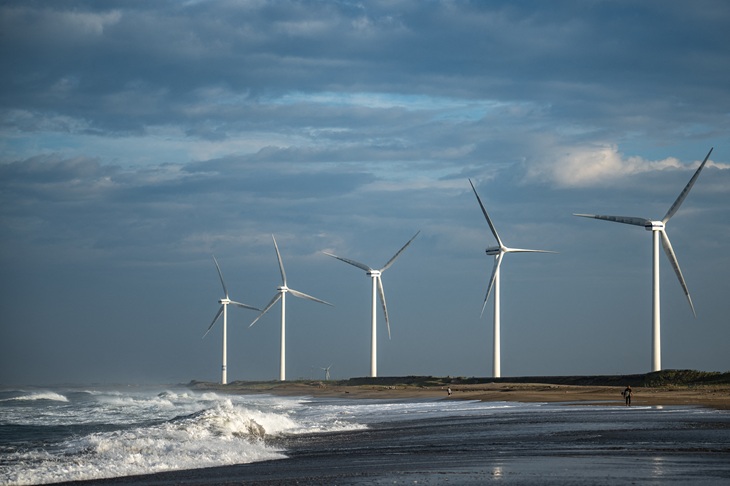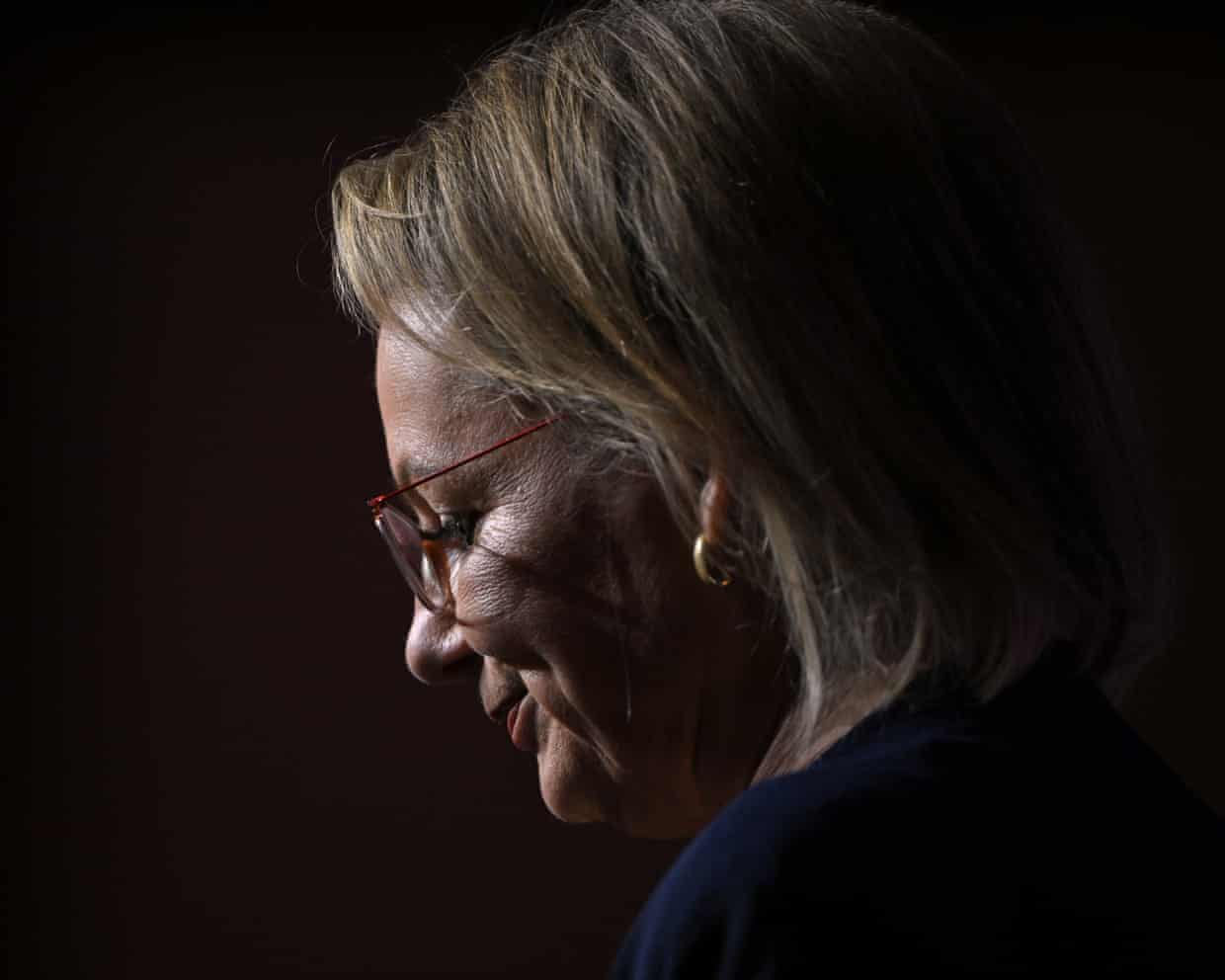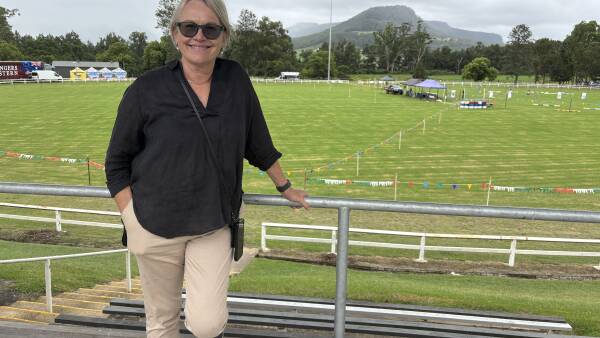
A general view of wind turbines is seen at Nikkawahama Beach in Kamisu city, Ibaraki prefecture on August 2, 2025. (Photo by Philip FONG / AFP) (Photo by PHILIP FONG/AFP via Getty Images)
UPDATE: Australia is entering a critical phase in the Net Zero debate as federal Treasurer Jim Chalmers faces backlash over recent policy shifts. This comes on the heels of the October 2023 Voice referendum, which highlighted the Albanese government’s vulnerability to sustained public opposition.
The intense response to proposed superannuation tax changes signals a broader discontent with the Albanese administration. Since the referendum, the government has struggled to secure legislative victories in key areas, including environmental reforms and misinformation laws. The Coalition now sees an opportunity to exert significant influence across these policy fronts.
The Coalition has been criticized for its lack of effective opposition, but recent developments suggest a shift in strategy. Resistance to the Albanese government’s environmental reforms was driven by powerful stakeholders, particularly from the mining sector and the state government of Western Australia. These proposed changes faced fierce criticism for disproportionately affecting the local economy.
Additionally, proposed misinformation laws were rejected by the entire Senate crossbench due to concerns over freedom of speech. Opposition to the super tax changes was equally robust, uniting diverse voices including Labor Party veterans and mainstream economists, who condemned taxing unrealized capital gains.
This pattern of public dissent forced the Prime Minister to moderate Chalmers’ tax proposals, demonstrating that the government is susceptible to well-organized opposition. The Labor government’s agenda does not enjoy unanimous support, highlighting the potential for the Coalition to reclaim its role as a formidable challenger.
The most pressing issue on the table is the controversial Net Zero policy. With the Nationals recently abandoning their support for it, there is a growing sentiment that the policy is undermining Australia’s energy grid reliability, increasing costs for consumers, and deindustrializing the economy.
Polling from the Institute of Public Affairs reveals that a striking 79 percent of Australians believe the government’s energy focus should prioritize affordability and reliability, rather than strict adherence to Net Zero. Only 21 percent support the current trajectory.
Despite the public’s readiness for a debate on this policy, the federal Liberal Party has been hesitant to engage openly. Closed-door discussions among party members and Net Zero supporters have stifled broader community engagement, especially in regions directly impacted by these decisions.
The Albanese government’s aggressive stance against critics indicates a deep reluctance to confront the growing discontent. Recent attacks on members of the Coalition who challenge Net Zero demonstrate the Prime Minister’s desire to sidestep this contentious debate.
As the political landscape shifts, it’s crucial for the Coalition to take a proactive stance rather than simply benefiting from the government’s failures. The urgent need for a robust discussion on Net Zero is evident, and if the Coalition can harness public sentiment effectively, it may regain relevance and electability.
In summary, as Australia gears up for this pivotal debate, the implications of the Net Zero policy are becoming increasingly significant. The Coalition must act decisively to represent the public’s concerns and advocate for alternative energy strategies that prioritize economic and energy stability.
Stay tuned for breaking updates on this developing story.







